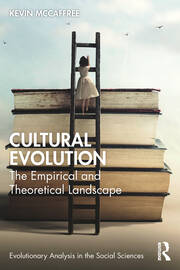Understanding Human Evolution
For the one-term course in human evolution paleoanthropology or fossil hominins taught at the junior/senior level in departments of anthropology or biology. This new edition provides a comprehensive overview to the field of paleoanthropology the study of human evolution by analyzing fossil remains. It includes the latest fossil finds attempts to place humans into the context of geological and biological change on the planet and presents current controversies in an even-handed manner. | Understanding Human Evolution

















































